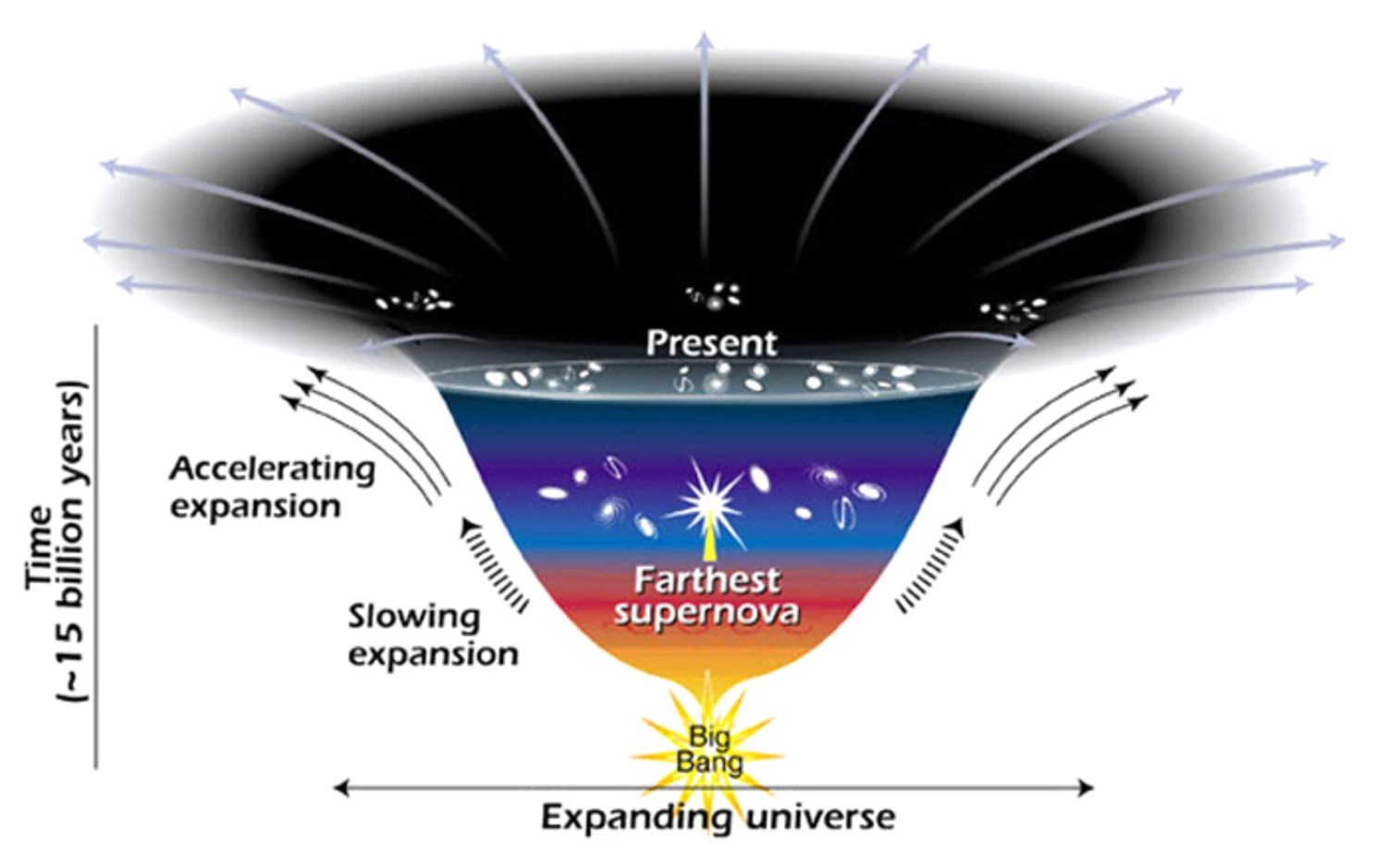Question: Does American monetary policy need to change?
Thomas Cooley: Well, monetary policy, that's a very good question. I think that what the Fed has done so far, which is to provide investment banks and other financial institutions, which have played an important role in the economy, an important role in the functioning of the whole credit system, providing them with access to liquidity, with access to the Federal Reserves Borrowing Facility. And some of the innovations that they have done in that respect are very good. I don't think that more cuts in federal funds rate are called for. I think there's a significant risk of inflation in the current situation. So I think the Fed's monetary policy is not going to continue to cut short-term interest rates. Now, the problem is that what the Fed did, for example, in the case of Bear Stearns, proving the-- and the immediate aftermath of the Bear Stearns collapse, providing access to the discount window borrowing facility for investment banks. That was the right thing, but that was an innovation in policy. And what I think needs to happen is that there needs to be some further thought given to the supervisory and regulatory function of the Fed over institutions like that, to go along with access to the Fed's credit.
Question: Is there a political solution to the credit crisis?
Thomas Cooley: I tend to not see political solutions to problems like this, I believe in the independence of the Federal Reserve. But what I do believe is that the next president ought to take some clues from the proposals that the treasury secretary and this Blue Ribbon Commission just put forth to revise the regulatory system for financial institutions in the economy. I think that needs a little bit of re-thinking and I think the next president will take that seriously, will have to take that seriously, whoever that is.
Recorded: 3/21/08





